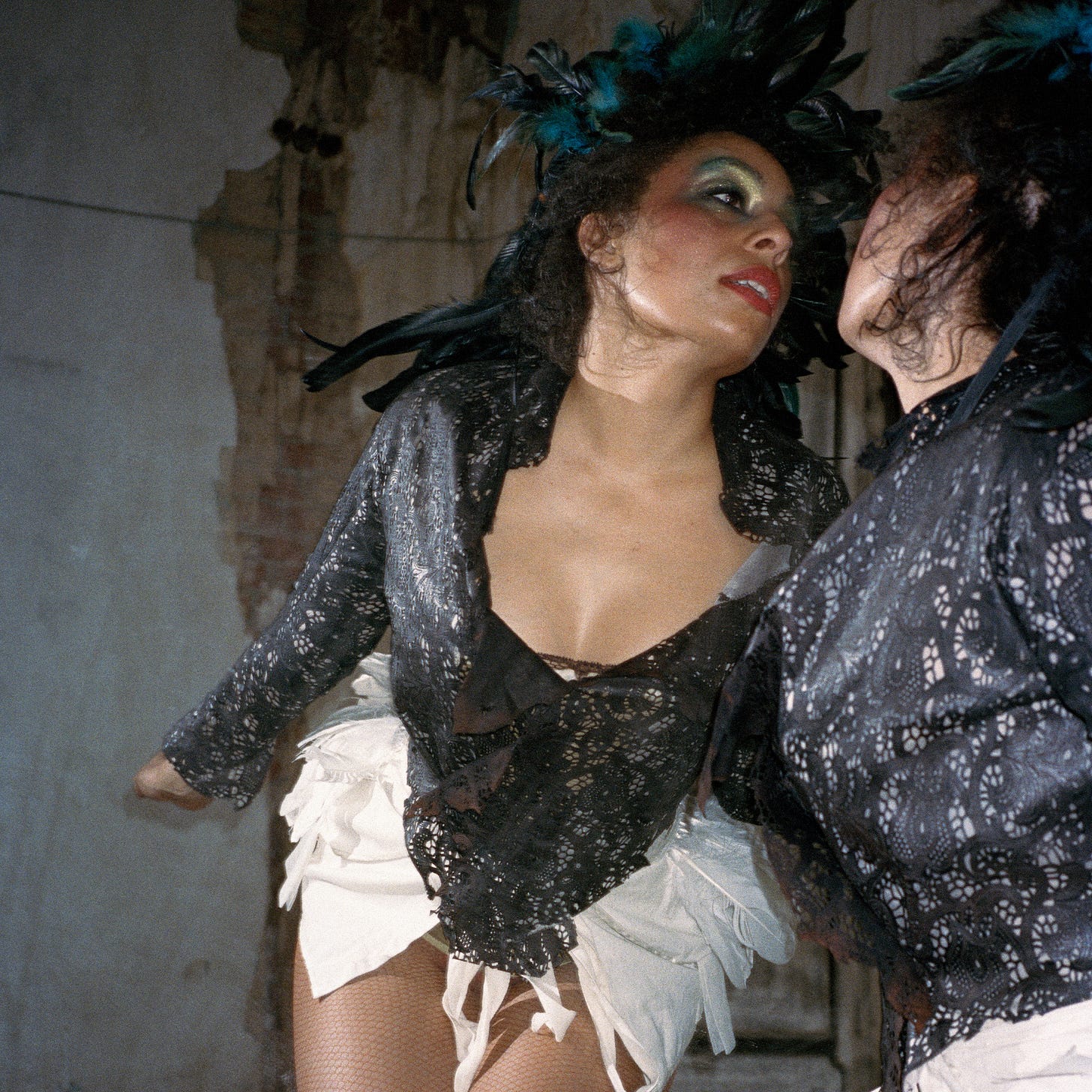Album Review: Woman of Faces by Celeste
Sometimes a performer doesn’t make a second record so much as rebuild themselves. In Celeste’s case, that reconstruction happens in public and in song.
She was once the toast of the British soul‑jazz revival. Five years ago, a then‑26‑year‑old Celeste Waite summoned a mix of Billie Holiday phrasing and Brighton grit and, against industry expectations, took her debut Not Your Muse to No.1, becoming the first British female act in half a decade to reach that summit. That run, which included the Sound of 2020 poll winner, BRIT Rising Star, Mercury and Oscar nominations, came to an abrupt halt when touring plans evaporated during the pandemic. The momentum she built with smoky ballads such as “Strange” gave way to a long, painful incubation for its successor. Between sessions shuttling from Los Angeles to London, the record she planned to finish in 2022 kept slipping back. By her own admission, she was drowning in heartbreak and fell into depression after a relationship ended. Label pressures didn’t help. Polydor’s expectation that she post constantly on social media and include specific songs on the tracklist left her feeling unsupported. Such fraught context seeps into the album’s themes of loss, feminine identity, and technology, and it’s impossible to disentangle the music from those battles.
The title track “Woman of Faces” lays the foundation. Over stately strings, Celeste sketches a character who “works so hard just to be replaced.” She sings of a world that judges her by the faces she puts on, “Who really knows the woman of faces?/Not you, not you, not me,” turning the song into a commentary on the masks she’s been asked to wear. The chorus warns not to be shocked when this woman spits on yesterday’s rhyme and refuses the script. Rather than romantic longing, the track wrestles with autonomy and self‑definition. Celeste’s choice of language is blunt: she doesn’t romanticize her transformation but uses it as a messy, ongoing negotiation between who she has been and who she is allowed to be. The arrangement, with its cinematic swell and absence of obvious percussion, follows her lead, making the listener focus on the tension in her delivery more than on groove.
Written when she felt she couldn’t find purpose in music, “On With the Show” is full of resigned imagery: “And it’s a little bit absurd my world spins on/Like a theater of the day by day, there’s so much wrong.” Celeste stands amid theatrical ruins, dragging herself back onto the stage because the performance is all she knows. She turns inward to examine the corrosive loops of repetitive attachment. “Happening Again” circles around the line “These feelings I befriend grow with ill intent.” It’s one of the album’s starkest confessions: she admits that the emotions she nurtures (nostalgia, jealousy, hope) keep hurting her. The verses zigzag from self‑betrayal (“I’m losing my defence every now and then”) to a resigned acceptance that “either way I go, I know.” “People Always Change” crystallizes this theme through a simple inversion: “People always change/It’s just no good for me ’cause I just stay the same.” Over a gently undulating piano, Celeste sings about watching lovers and friends evolve while she remains rooted in her identity. She relies on plain observations that invite us to feel the weight of staying still while everything around us changes.
Technology and its distortions of human connection surface in “Could Be Machine,” the record’s sole industrial pop detour. Inspired by the way online abuse seeped into her personal life, Celeste asks, “Could be loving right now, could we be machines?” It’s the album’s bravest sonic experiment because it steps outside the lush orchestrations that made her famous and uses noise to mimic the alienation she feels on social media. Against these experiments, “This Is Who I Am” offers a deceptively gentle declaration. “Some flowers never get to bloom and see the day/Some flowers are content to wish their lives away,” she sings, acknowledging that many stories go unheard. For Celeste, identity is not an inherent trait but an ongoing performance witnessed by others. The writing here is straightforward, devoid of puns or anything that’s blasphemy, but its power lies in its vulnerability. When she sings, “No lie, I’m no less,” it feels like a shrug at those who demand she shrink herself.
Across the album, the styles span cinematic torch songs, skeletal piano laments, and an outlier industrial groove. Sometimes this range feels jarring; the shift from the string‑laden title track to the machine‑driven “Could Be Machine” can leave listeners feeling like they’ve switched records. Yet the disparate textures reflect the disjointed circumstances behind the record’s creation. Celeste’s songwriting is more of a collage of emotional snapshots. She allows contradictions to coexist. In one song, she clings to constancy. In another, she demands transformation. The cohesion comes from her voice (both literal and authorial), which remains the steady guide through different soundscapes. Her phrasing has loosened since the debut; she plays with timing, sometimes stretching syllables until they fray, sometimes rushing lines as if chasing a thought. There is admiration here: she writes from self‑exposure instead of the safer “torch singer” expectations that once surrounded her. The absence of heavy choruses or chart‑baiting hooks is deliberate. While focusing on mood and meaning, she invites us to sit with discomfort rather than chase immediate payoff.
Standout (★★★★½)
Favorite Track(s): “Woman of Faces,” “Happening Again,” “People Always Change,” “Could Be Machine”



I’ve been listening to “Woman of faces” for hours since the album dropped. She depicted identity crises so well!